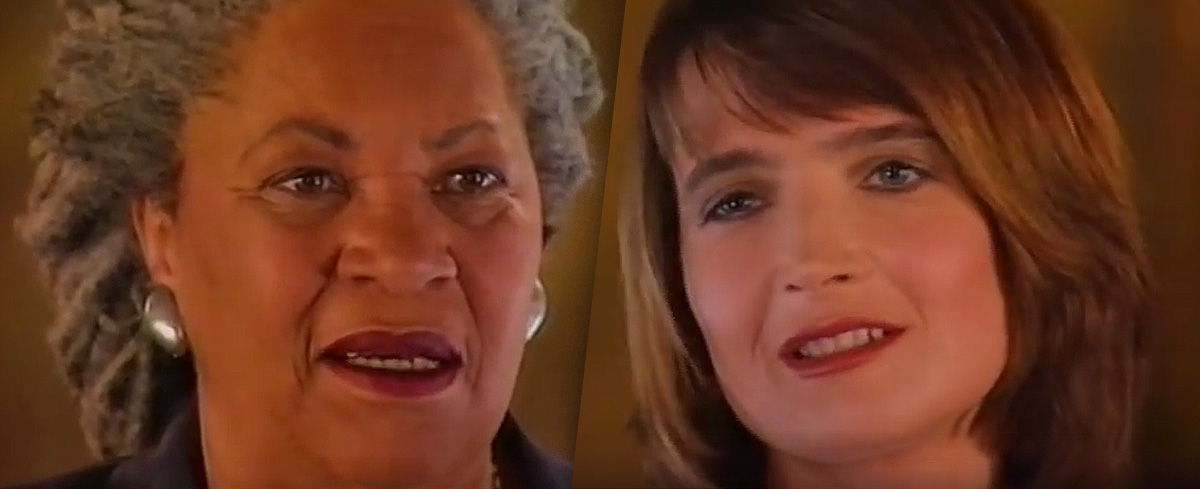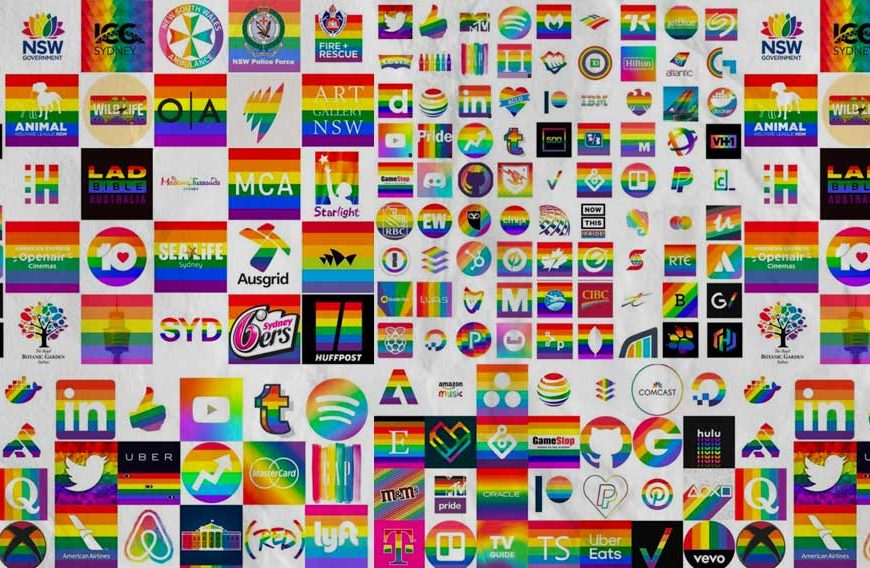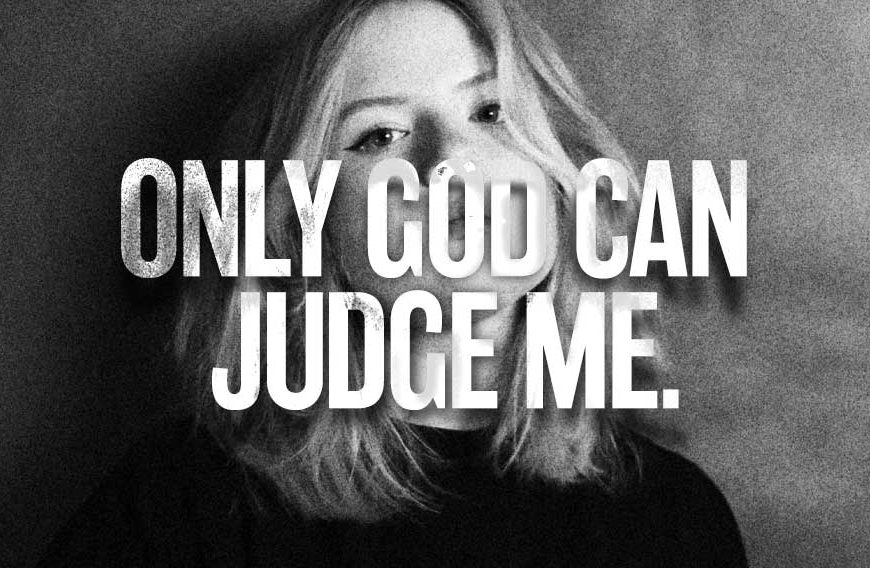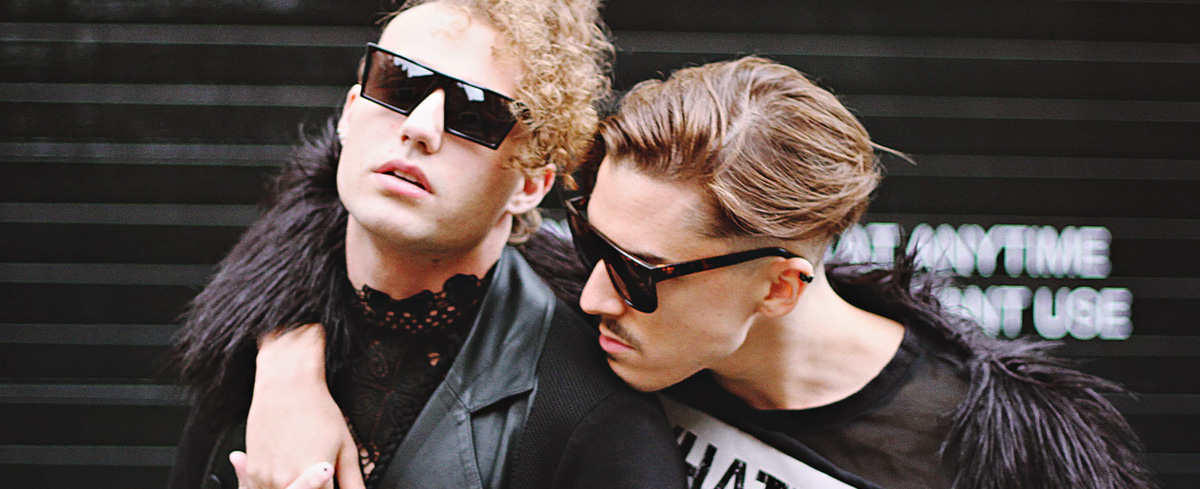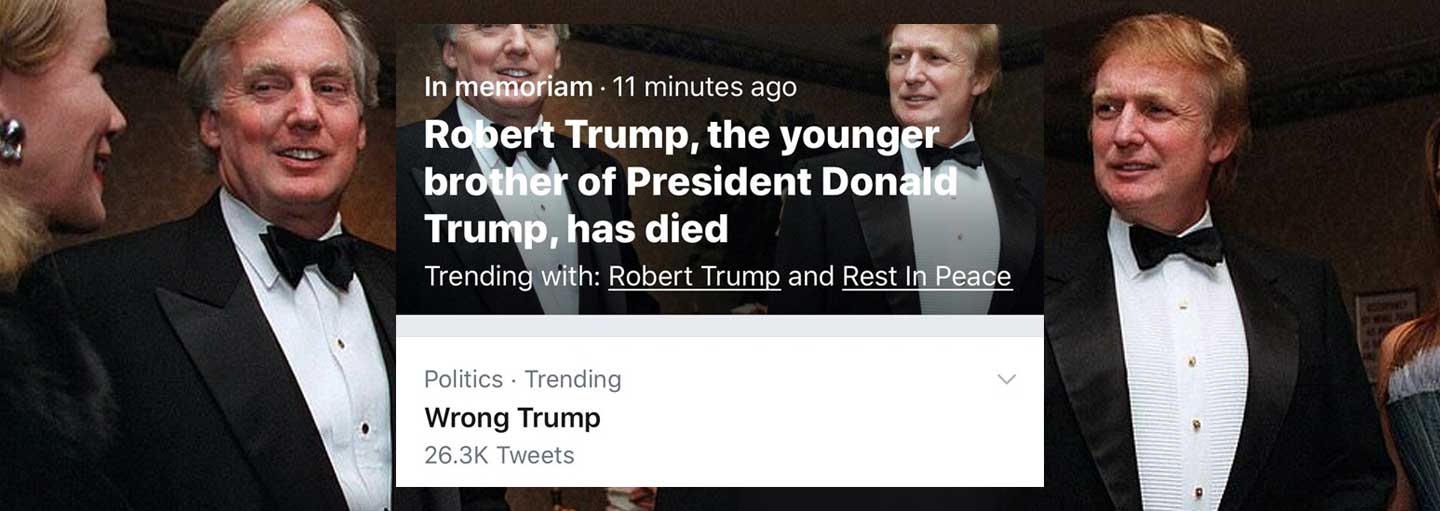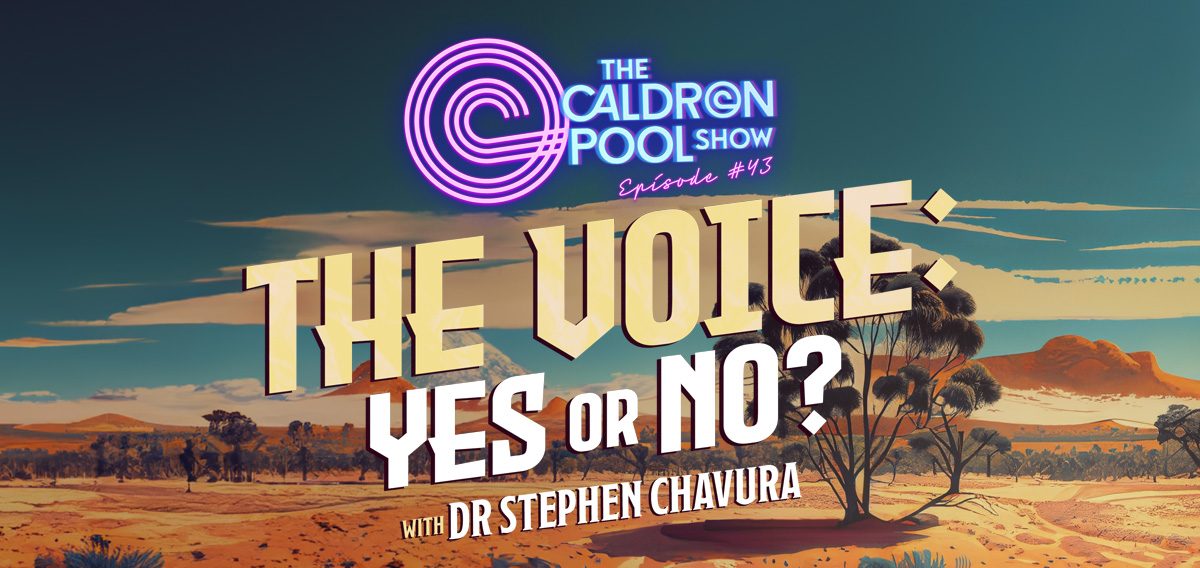Award-winning Australian journalist, turned writer, Jana Wendt took a pounding on Twitter this week after the world was reminded of an interview Wendt hosted with the late African-American literary giant, Toni Morrison, in 1998.
Desperate to keep the ‘we have a white supremacist crisis’ narrative alive following the Eco-Fascist mass shooting in El Paso, and the slogan’s quick demise after the mass shooting in Dayton by a Leftist Antifa supporter, many on the Left appear to be using the interview to keep their narrative alive.
Their weapon of choice in an attempt to regain control of the discourse: the false accusation that Wendt’s alleged “skeleton in the closet” is proof that “all white people are racist”, ergo there’s a “white supremacist crisis” and it’s an epidemic.
Toni Morrison’s passing seems to have given Leftists an opportunity to steer attention away from the Dayton killer back towards the ‘we have a white supremacist crisis’ party-line. The attempt to revive such newspeak and refuel the outrage machine is a direct rejection of the bipartisan condemnation of the El Paso shooter’s ideological allegiances.
Like sharks circling when they smell blood in the water, the reactions from some anonymous Twitter users have been unsurprising. Comments went from focusing on applauding Toni Morrison for her achievements to accusing Jana Wendt of racism, with one Twitter user saying, “Jana Wendt illustrating that Australian media is also deeply racist.”
Another Twitter user noting: “This is Jana Wendt. Interesting that she may best be remembered, as the racist interviewer in the Toni Morrison interview.”
What shouldn’t be missed in all of the whip statements against Jana Wendt, is the actual racism implied in the action of those taking advantage of an African-American writer’s passing in order to (a) regain some socio-political credibility post-Dayton and (b) as a diversion away from discussions about the dangers of Left-wing extremism.
Wendt’s interview with Morrison is quiet and conversational. There’s no sign of animosity. Wendt was the perfect hostess, conducting the interview with her usual professionalism, style and respect. It’s a case of dishonest criticism to suggest otherwise.
Such as Huffington Post author Kimberly Yam’s exuberance at a black woman supposedly correcting a white woman, saying this particular part of the interview was Morrison “teaching Wendt a powerful lesson”.
What Yam and many who choose to jump on the Wendt-is-racist bandwagon forget, is that interrogative reasoning is how journalism works. Without this base and the freedom to ask questions that may offend, the free press is lost to the noise of a press enslaved to totalitarian masters, newspeak, and the news they invent.
Jana Wendt isn’t a racist. The soft-spoken, well-articulated Morrison seeks clarification from Wendt, who then provides it. Wendt moves the discussion forward qualifying her question, so as to avoid misrepresentation and confusion. Both Morrison and Wendt move the viewers towards a better understanding of the subject matter.
Using literary giant, Toni Morrison’s death as an excuse to evade responsibility by rehashing the ‘we have a white supremacist crisis’ narrative after it was smashed to pieces by the Antifa aligned Dayton mass shooting, is a reprehensible act of desperation.


